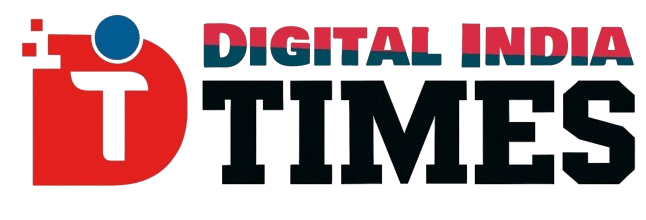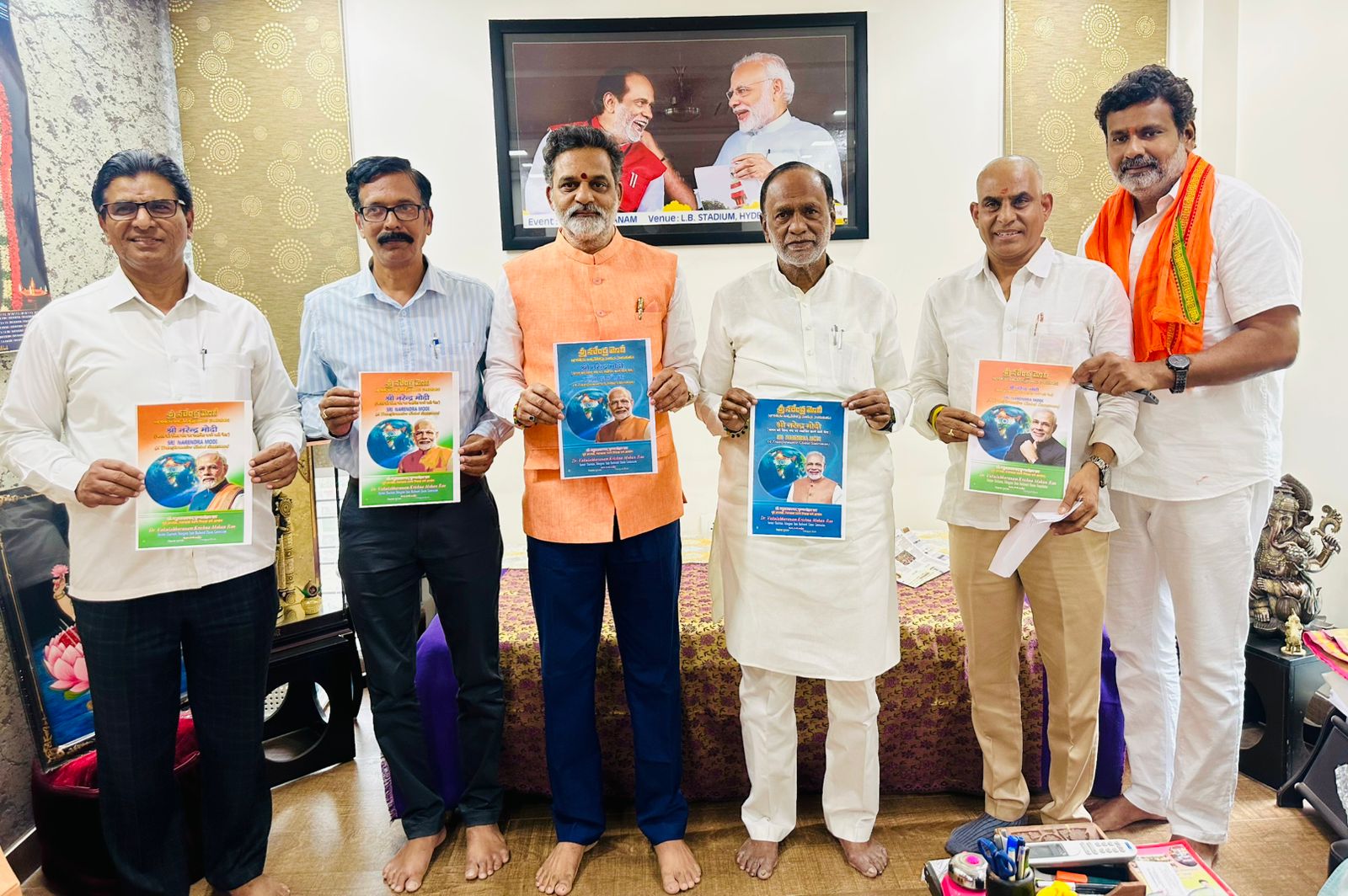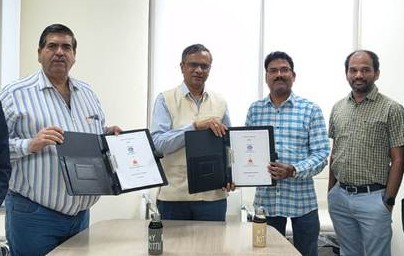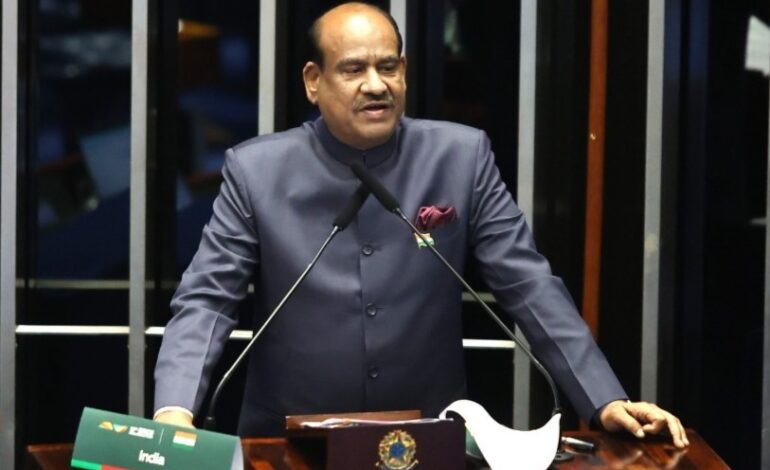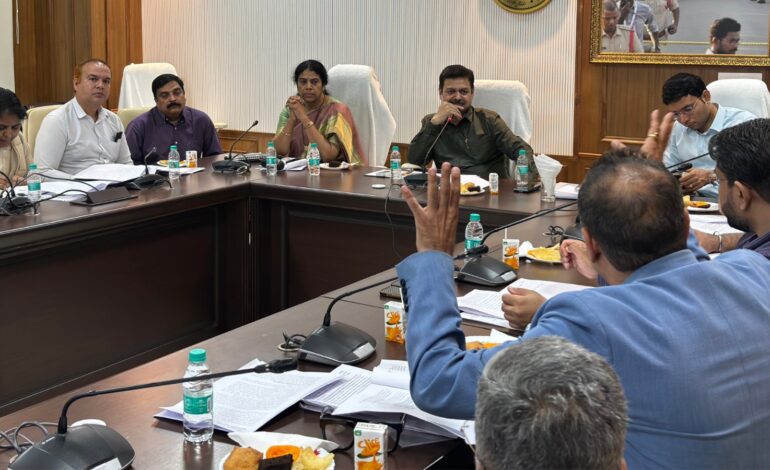ECI Gears Up for Bihar Assembly Election 2025 with Focus on Transparency and Accessibility

Chief Election Commissioner (CEC) of India Gyanesh Kumar along with Election Commissioners Sukhbir Singh and Vivek Joshi addresses a press conference to announce the schedule for Bihar Legislative Assembly Elections 2025, in New Delhi on Monday.
New Delhi, October 7: The Election Commission of India (ECI) has begun full-scale preparations for the upcoming General Election to the Bihar Legislative Assembly 2025, with an extensive set of measures aimed at ensuring transparency, accessibility, and peaceful polling across all 243 Assembly Constituencies.
The term of the current Assembly ends on November 22, 2025. As per the Delimitation Order, Bihar has 38 reserved seats for Scheduled Castes and 2 for Scheduled Tribes.
After a review visit to Bihar, the Commission said it had interacted with political parties, enforcement agencies, and senior administrative officials to assess poll preparedness, law and order, and deployment requirements for Central Armed Police Forces (CAPFs).
7.43 Crore Electors, 90,000 Polling Stations
Following a Special Intensive Revision of the electoral rolls with the qualifying date of July 1, 2025, the final rolls were published on September 30. Bihar now has 7,43,55,976 electors, including 14.01 lakh first-time voters (18–19 years). Among the total electors are 7.2 lakh persons with disabilities (PwDs), 1,725 third-gender voters, and 4.03 lakh senior citizens (85+).
To improve voter convenience, the number of polling stations has been increased to 90,712 from 77,462 in 2024, with each station serving a maximum of 1,200 electors. Every polling station will be located on the ground floor with ramps, accessible to PwDs and senior citizens, and equipped with drinking water, lighting, toilets, and waiting areas.
Inclusive and Voter-Centric Measures
The ECI will issue Voter Information Slips (VIS) and Braille VIS for visually impaired voters, along with Voter Guides carrying essential poll details. Lists of PwD, 85+ senior, and absentee voters are being prepared, while BLOs have conducted door-to-door verification to curb impersonation.
Polling stations managed entirely by women and PwDs will be set up in every constituency, and at least one Model Polling Station per district will showcase local art and eco-friendly materials.
To encourage participation, postal ballot facilities have been extended to senior citizens (85+), PwDs with benchmark disabilities, essential service employees, and COVID-affected voters, through home-voting teams under videography and security.
Nomination, Ethics, and Law Enforcement
Candidates can file online nominations and affidavits via the ECI’s Suvidha portal and must submit complete disclosures, including criminal records and “No Dues Certificates.” Political parties fielding candidates with criminal backgrounds are required to publish details thrice in media and online.
The Commission reiterated its strict enforcement of the Model Code of Conduct, which comes into effect immediately after the election announcement. CAPFs and state police will be deployed to maintain peace, particularly in vulnerable areas, while Section 3(1) of the SC/ST (Prevention of Atrocities) Act will be invoked against any intimidation of voters from weaker sections.
Digital Transparency and Clean Campaigning
The ECI has expanded its ECINET digital platform, integrating over 40 apps for real-time election management, including modules for nomination, expenditure tracking, poll monitoring, and voter services. Webcasting will cover all polling stations to enhance transparency.
Media Certification and Monitoring Committees (MCMCs) will vet political advertisements and monitor paid news. Parties have also been advised to clearly label any AI-generated content used in campaigns with terms such as “AI-Generated” or “Synthetic Content.”
The Commission has urged political parties to conduct eco-friendly campaigns, avoid single-use plastics, and refrain from using children in election work. Silence period restrictions under Section 126 of the Representation of the People Act will apply strictly to traditional and social media.
Training and Voter Outreach
Extensive training programmes have been held for election officials, police, and ERO teams through the India International Institute of Democracy and Election Management (IIIDEM). The ECI’s SVEEP campaign will target youth, urban voters, women, and marginalised groups to boost turnout.
With robust preparations under way, the Commission reaffirmed its commitment to ensuring a free, fair, inclusive, and eco-friendly Bihar Assembly election in 2025.
